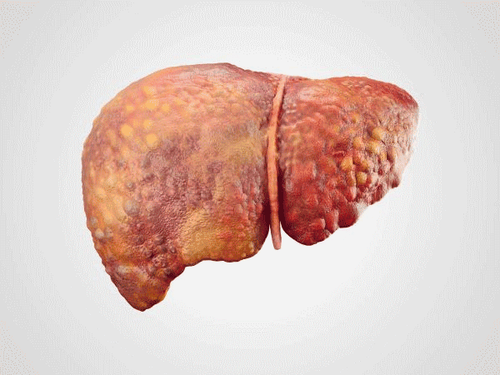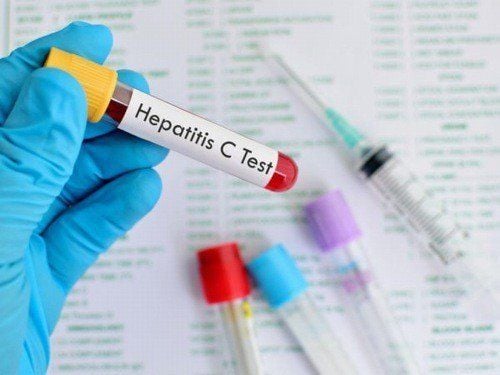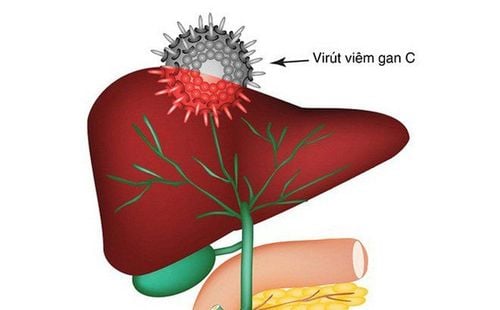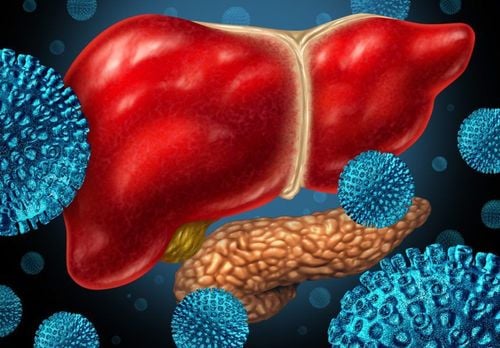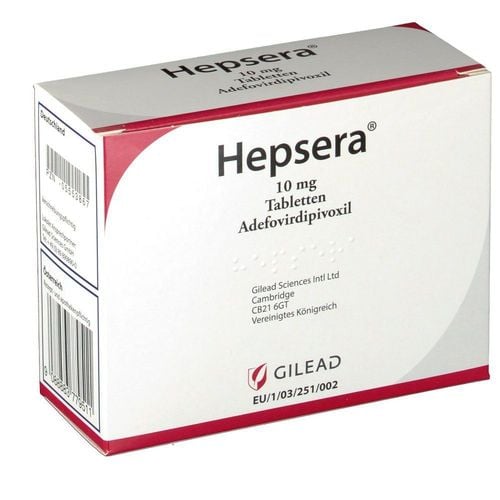This is an automatically translated article.
The article was professionally consulted by Dr. Mang Thi Phuong Mai - Department of Medical Examination & Internal Medicine - Vinmec Nha Trang International General HospitalHepatitis C is a dangerous, silent disease that can cause patients to face complications of cirrhosis and liver cancer. The transmission of the hepatitis C virus is mainly through contact with the blood of an infected person. Can a mother infected with hepatitis C breastfeed her baby?
1. Is hepatitis C transmitted from mother to child?
For hepatitis C, the risk of mother-to-child transmission increases with the level of viral infection in the blood. The overall prevalence is about 3%, much lower than for B virus (25% when the mother has a positive HBsAg test and over 90% when the mother has a positive HBeAg test). The possibility of transmission while the fetus is in the uterus is very rare. The majority of cases are transmitted during the gestational period.
Anti-HCV (an antibody to the hepatitis C virus and a serum marker of the virus) is always positive in infants born to mothers infected with hepatitis C. These antibodies persist for many months and often After 12 months it disappears. So, if your newborn baby tests positive for hepatitis C, don't worry too much. Children should be re-tested after 12 months of age.
The good news is that maternal hepatitis C does not tend to have a negative effect on pregnancy or the baby's birth weight.
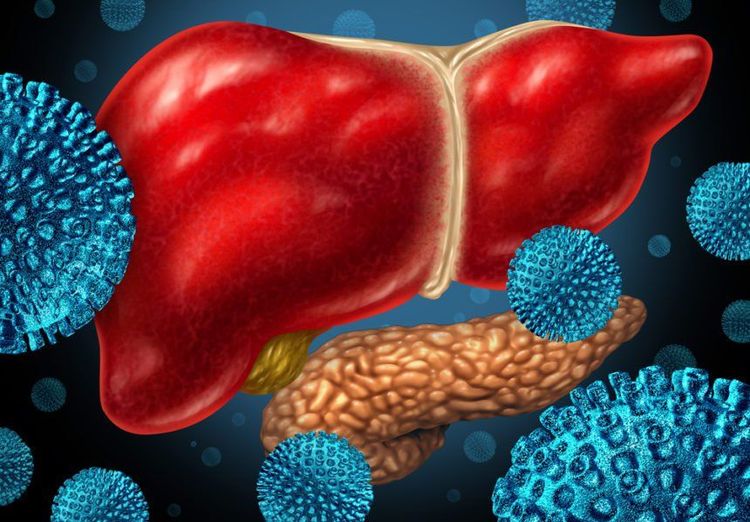
Anti - HCV bao giờ cũng dương tính ở trẻ sơ sinh có mẹ bị nhiễm viêm gan C
2. Is hepatitis C virus transmitted through breast milk?
According to the World Health Organization (WHO), hepatitis C is not spread through breast milk, food, water, or through casual contact such as hugging, kissing, and sharing food or drink with an infected person.
3. Can a mother with hepatitis C breastfeed her baby?
During the postpartum period, mothers can still breastfeed normally because hepatitis virus is not transmitted through breast milk. The results of a WHO study published in 2009 confirmed that there was no evidence that breastfeeding increased the risk of hepatitis C infection from the mother. mothers versus formula-fed infants. Breastfeeding also does not pose a higher risk of infection than babies who are not breastfed. The risk of infection when a baby is breastfed is insignificant compared to exposure to the mother's blood and body fluids during childbirth.

Mẹ bị nhiễm virus viêm gan C vẫn có thể cho con bú bình thường
4. Breastfeeding when mom's nipples are cracked or bleeding
It is not certain that breastfeeding with cracked or bleeding nipples can pass the hepatitis C virus on to the baby. However, hepatitis C can be transmitted through contact with infected blood, so the Centers for Disease Control and Prevention (CDC) advises against breastfeeding if nipples are cracked or bleeding. blood. The organization recommends that mothers stop breastfeeding until the nipple is completely healed.
5. Prevent the risk of hepatitis C virus infection for children?
Although mothers with hepatitis C can still breastfeed normally, mothers still need to prevent transmission of the virus to their babies through other ways by:
Do not share contaminated personal items The ability to cause scratches is high for children such as: toothbrush, knife, scissors, nail clipper... Need to eat well, nourish with nutrients, labor, play moderately, exercise. reasonable exercise... to improve the resistance of both mother and child. The best way is that before deciding to get pregnant, the mother carrying the HCV virus needs to be thoroughly treated with antiretroviral drugs to get rid of the disease or at least reduce the concentration of the virus in the blood below the detection threshold. minimize the risk of infection from mother to child, for the baby to have a healthy life without worrying about disease.
Please dial HOTLINE for more information or register for an appointment HERE. Download MyVinmec app to make appointments faster and to manage your bookings easily.




